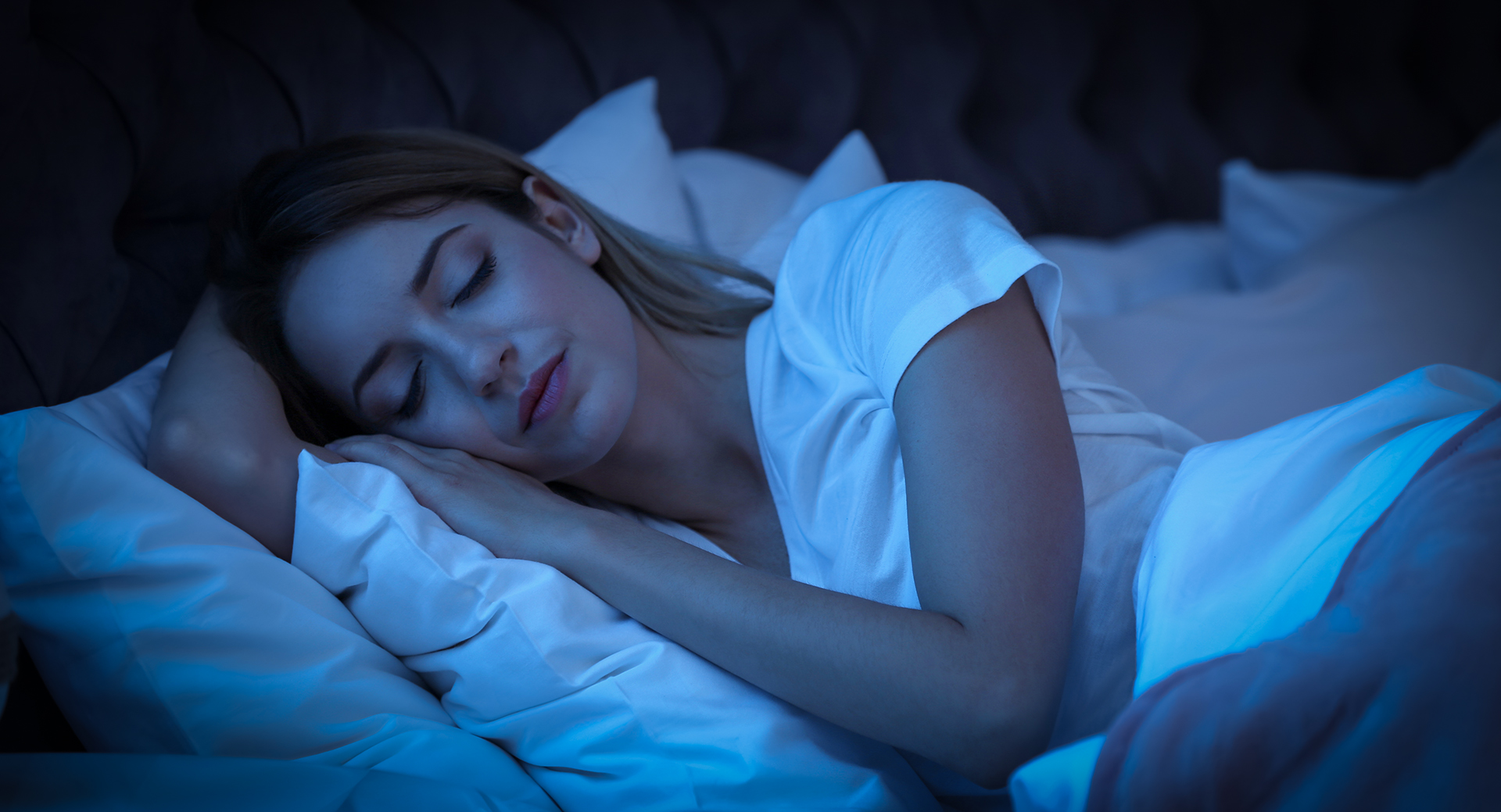
12 Natural Ways to Get a Better Night’s Sleep
By Mia Bencivenga
June 16, 2021
You’re in bed, ready to fall asleep — but for some reason, your brain just won’t shut off. Minutes or even hours go by, and you just can’t seem to stop tossing and turning. Sound familiar? If you struggle with sleep, you aren’t alone. As many as 50 to 70 million of U.S. adults suffer from sleep disorders.
If you can’t get a good night’s sleep, don’t ignore it. Studies show links between a lack of sleep and weight gain, depression and anxiety, diabetes, and other health issues. The good news is, there are many simple (and natural) things you can do to help yourself fall and stay asleep, so you wake up well-rested and ready to enjoy the day.
1 ] See if you could use a new mattress or pillow.
This may be one of the simplest ways to help get a better night’s sleep. If you wake up feeling achy or unrested, your mattress and pillow could be to blame. Try to identify what the problem is and do some research on how to pick the right mattress for your needs, preferences, and body type.
2 ] Get more sunshine.
Getting more natural light will help your body regulate its sleep-wake cycle. If you’re working in a windowless office all day, see if you can get outside as often as possible, or even consider getting a broad-spectrum light to mimic the sunshine.
3 ] Stay away from blue light at night.
Blue light mimics the sun, and too much exposure can throw off your circadian rhythm and inhibit the hormones that help you get a good night’s rest. Get a blue light filter for your phone and computer for when you use your electronics at night, and institute a no-phone rule at least an hour before bed so you can properly unwind.
4 ] Establish a routine.
If you can, try to regularly wake up and go to sleep at the same time every day — including weekends. Being on a routine will help you feel tired and awake at the right times.
5 ] Give yourself time to wind down.
Doing a stimulating activity, like watching TV, exercising, cooking, or chores can make it harder for you to fall asleep. Try to set an hour before bed to relax, stretch, meditate, so that you can be ready for a good night’s rest.
6 ] Exercise — just not right before bed!
I know, I know, when you’re tired and aren’t sleeping, the LAST thing you want to do is exercise. But exercise doesn’t have to mean overworking yourself at the gym. It can mean that you simply take a long walk, do some yoga, or dance to your favorite playlist. Anything that will get your body moving will help tire you out so that you can sleep better. Just be sure to do it in the morning or afternoon since exercising too close to bed can make it harder for you to wind down.
7 ] Check-in with your mental health. Have you ever had a worry wake you up in the middle of the night? Or are you so stressed about the next day, that you put off sleep altogether? Think about why you can’t sleep and talk to someone about it. It may not just improve your sleep — but also your quality of life.
8 ] Practice meditation regularly.
If you find that you just can’t seem to wind down before bed, meditation may work very well for you. It’s an amazing way to calm the mind, reduce anxiety, lower your blood pressure, and stop the deluge of thoughts running through your head.
9 ] Watch your caffeine intake.
You wake up exhausted — so what’s the first thing you make? Coffee, of course! In fact, lots of people drink caffeinated beverages throughout the day just to function...But then when it comes to falling asleep, you just can’t do it, even if you’ve been sluggish all day. If this sounds like you, you’re certainly not alone. But, unfortunately, overuse of caffeine can lead to insomnia symptoms. Plus, caffeine stays in your body an average of five hours after consumption. Try to limit your caffeine intake to 200 milligrams of caffeine a day (about two cups of coffee) max — and make sure to only drink it in the morning and early afternoon.
10 ] Avoid alcohol.
Although alcohol is a depressant and can make it seem like you can fall asleep easier, it actually makes the quality of your sleep poorer. Why? Because it interrupts your REM cycles — meaning that you don’t get all the restorative benefits of sleep.
11 ] Don’t drink liquids before bed.
Being hydrated is great. Waking up in the middle of the night for a bathroom run? Not so great. Try to stop drinking liquids at least an hour before bed to ensure you get a solid night’s sleep.
12 ] Use melatonin with care.
Remember: melatonin is a hormone that your body naturally produces! That means it can interfere with some medications or could make certain health conditions worse. Always consult with your doctor before taking new supplements — and try to stick to a small dosage such as .3 mg. Also, melatonin is best taken an hour or two before bedtime.

Leave A Comment